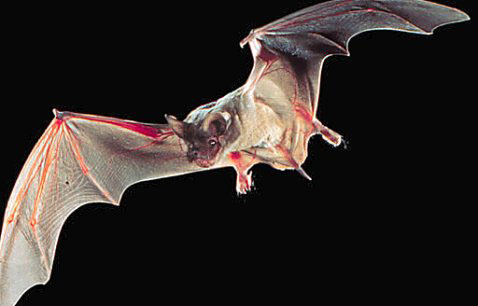New discovery of the strange ability of bats
Scientists at the Virus Infection Research Center in Spain's Balear (Crivib) Islands have just released new findings about the bats' bizarre resistance to rabies virus.
According to Dr. Jordi Serra-Cobo, Director of Crivib, the first interesting finding is the finding of rabies virus right in the blood of bats, contrary to the opinion still recognized so far that the virus exists only in the nervous system of wild animals.
This new element will allow scientists to easily conduct research on rabies virus on blood cells taken from an infected infected body instead of waiting until the animal dies and proceeds. Clinical experiments on brain tissue.

The second noticeable point is the ability of bats to resist the dreaded disease. Scientists have discovered a colony of bats that contain rabies viruses in both the brain, heart, lungs, and blood but they are still completely healthy and their lifespan is not reduced.
Currently, Crivib's main research goal is to understand which mechanisms in bats' bodies have curbed the development of rabies virus.
Bats appear on Earth 65 million years ago and are one of the most climate resistant species when distributed near the Earth's surface.
Bats are also the most diverse mammal species, with about 1,100 species - equivalent to 20% of the number of mammals. Their key role in the ecosystem is to kill insects, help disperse pollen and seeds.
- Discover panda bat in South Sudan
- Discover 4 strange bat species
- Discover new bats on dogs in Panama and Ecuador
- Discover new bats in Vietnam
- How do bats spread disease globally?
- Bats do not land similarly
- A close-up of lovely white bats looks the most weird in the world
- New discovery of bat's observation ability
- Butterflies have the ability to regulate hearing when attacked
- Detection of neurons 'GPS' of bats
- Terrible hot sun causes bats to fall like a fig in Australia
- New discoveries about bats: Male bats use food to propose
 Animal 'suffering' after hibernation
Animal 'suffering' after hibernation Why do goats climb well?
Why do goats climb well? Scientists were surprised to see chimpanzees eating turtles
Scientists were surprised to see chimpanzees eating turtles Giant catfish died deadly due to drought in Thailand
Giant catfish died deadly due to drought in Thailand